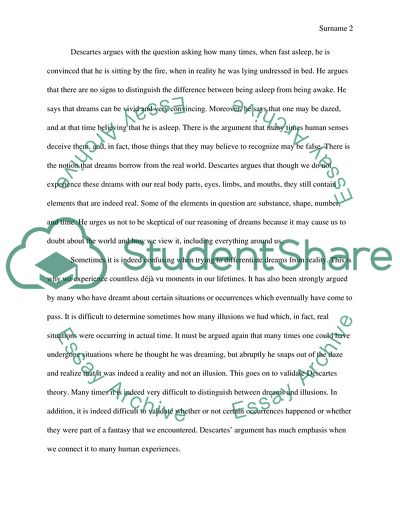ESSAY ON Descartes' Argument from Illusion. https://studentshare.org/philosophy/1870871-essay-on-descartesapos-argument-from-illusion
ESSAY ON Descartes&Apos; Argument from Illusion. https://studentshare.org/philosophy/1870871-essay-on-descartesapos-argument-from-illusion.


